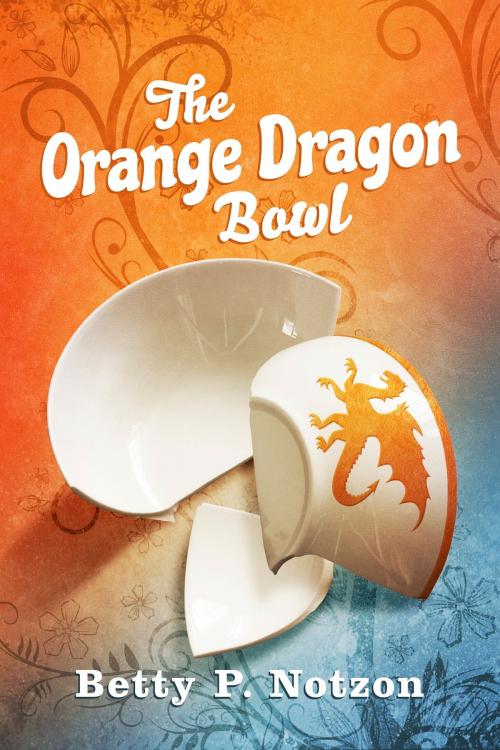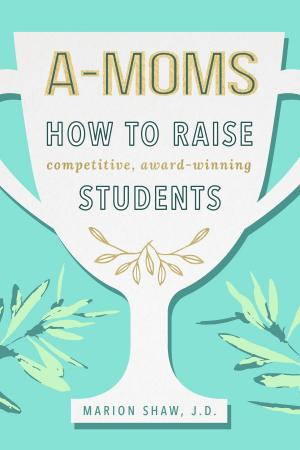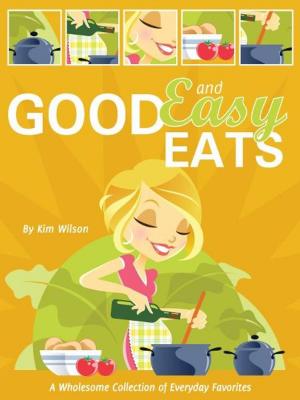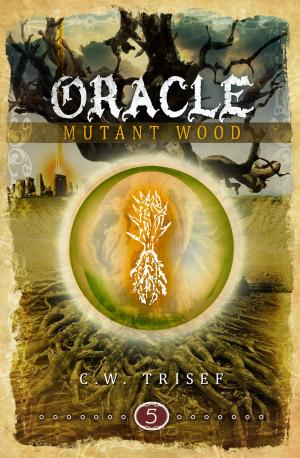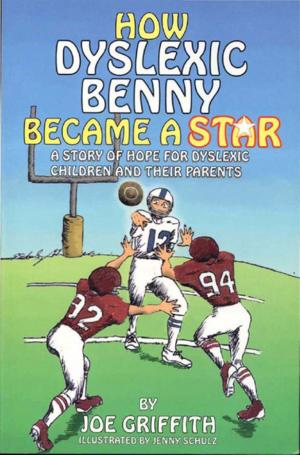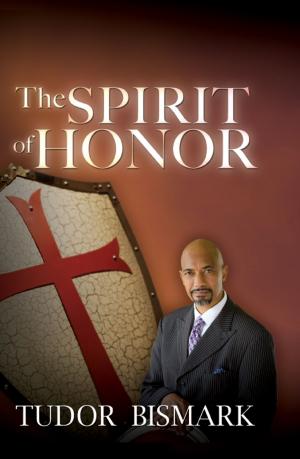| Author: | Betty P. Notzon | ISBN: | 9781483546742 |
| Publisher: | BookBaby | Publication: | March 2, 2015 |
| Imprint: | Language: | English |
| Author: | Betty P. Notzon |
| ISBN: | 9781483546742 |
| Publisher: | BookBaby |
| Publication: | March 2, 2015 |
| Imprint: | |
| Language: | English |
Julie Tyler is an attractive, well-adjusted, mostly happy (though she wouldn't call herself that) 15-year-old who wakes up in Chapter 1 little knowing that the day marks the beginning of a horrible year. That night she and her mother attend a mother-daughter dinner at Ainsworth, Julie's private day school. The Orange Dragon bowl lurking among the other bowls on the salad table catches Mrs. Tyler's attention. It's extremely valuable. Why would anyone bring it to a potluck dinner? And why its dangerous cargo-a bean salad "spiked" with unpitted black olives that causes at least one broken tooth at the affair. Is it a prank or a stupid mistake? It doesn't matter. Julie, who spots the mother and daughter sneaking out of the school with the bowl, and doesn't keep her mouth shut about it, suddenly finds herself the daughter's sworn enemy. But there's more to it than that. The daughter, Alexis, who looks like "Princess Grace the younger," and her mother, Alexandra, who looks like "Princess Grace the older," mysteriously embark on a campaign to destroy the Tylers-Mr. Tyler's reputation as a well-respected assistant D.A., Julie's standing at school, perhaps even the deadly breast cancer Mrs. Tyler is diagnosed with two days before Christmas. Where will it end? And when? This is a tale about a bone-chilling desire for revenge that is itself a kind of cancer. It also sends a warning that things and people who come garbed in great beauty (a bean salad in a valuable porcelain bowl, for instance) are sometimes rotten to the core. And then there's Mrs. Tyler's cancer and its treatment which further weighs down Julie's year with fear, a sense of helplessness, and the near-death of her mother. Extended family, good friends, church, a Negro spiritual, snowstorms, pizzas from The Lido, a neighbor's chicken soup, a diary, and Julie's offbeat sense of humor are a sampling of welcome respites. By the end of the book, Julie's emotions have gotten pretty beaten up by her horrible year. Her heart, though, has been ripened for love. And then there's her parents love for each other, which the year's troubles have strengthened, burnished, made golden even. The ending has everyone smiling.
Julie Tyler is an attractive, well-adjusted, mostly happy (though she wouldn't call herself that) 15-year-old who wakes up in Chapter 1 little knowing that the day marks the beginning of a horrible year. That night she and her mother attend a mother-daughter dinner at Ainsworth, Julie's private day school. The Orange Dragon bowl lurking among the other bowls on the salad table catches Mrs. Tyler's attention. It's extremely valuable. Why would anyone bring it to a potluck dinner? And why its dangerous cargo-a bean salad "spiked" with unpitted black olives that causes at least one broken tooth at the affair. Is it a prank or a stupid mistake? It doesn't matter. Julie, who spots the mother and daughter sneaking out of the school with the bowl, and doesn't keep her mouth shut about it, suddenly finds herself the daughter's sworn enemy. But there's more to it than that. The daughter, Alexis, who looks like "Princess Grace the younger," and her mother, Alexandra, who looks like "Princess Grace the older," mysteriously embark on a campaign to destroy the Tylers-Mr. Tyler's reputation as a well-respected assistant D.A., Julie's standing at school, perhaps even the deadly breast cancer Mrs. Tyler is diagnosed with two days before Christmas. Where will it end? And when? This is a tale about a bone-chilling desire for revenge that is itself a kind of cancer. It also sends a warning that things and people who come garbed in great beauty (a bean salad in a valuable porcelain bowl, for instance) are sometimes rotten to the core. And then there's Mrs. Tyler's cancer and its treatment which further weighs down Julie's year with fear, a sense of helplessness, and the near-death of her mother. Extended family, good friends, church, a Negro spiritual, snowstorms, pizzas from The Lido, a neighbor's chicken soup, a diary, and Julie's offbeat sense of humor are a sampling of welcome respites. By the end of the book, Julie's emotions have gotten pretty beaten up by her horrible year. Her heart, though, has been ripened for love. And then there's her parents love for each other, which the year's troubles have strengthened, burnished, made golden even. The ending has everyone smiling.
